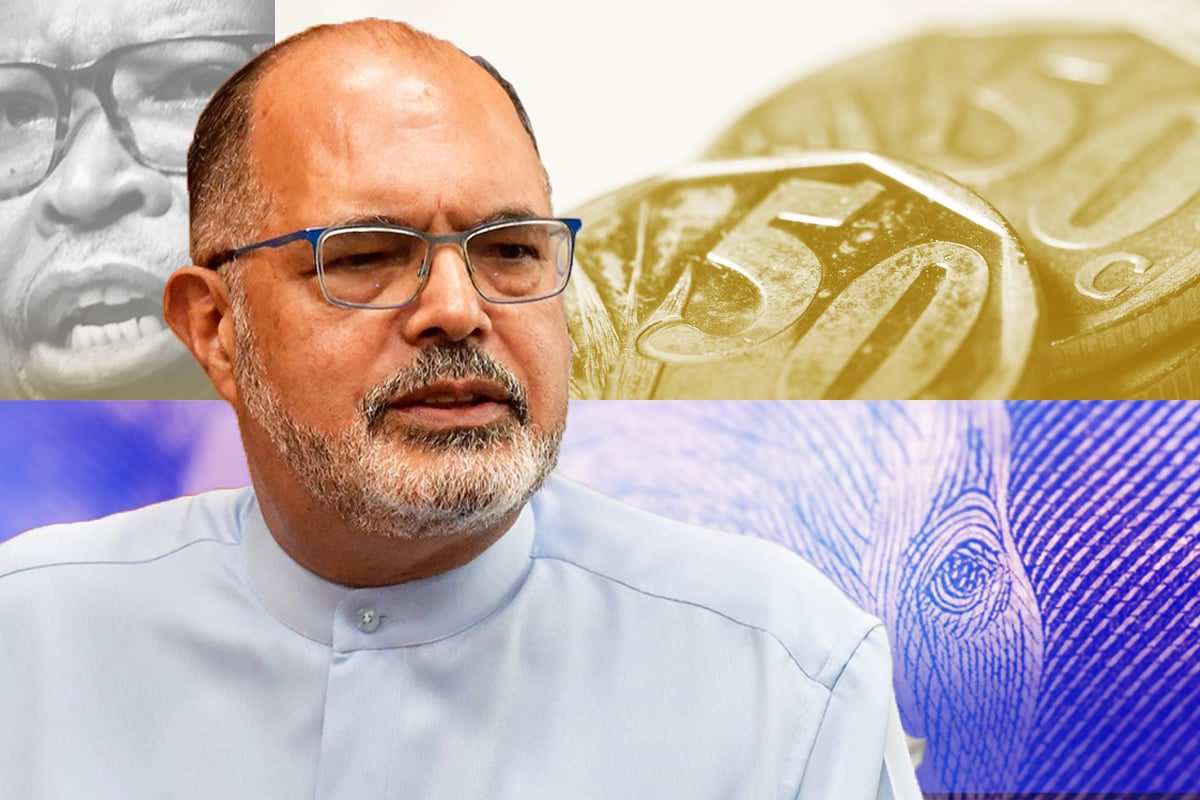Global Courant 2023-05-23 13:40:50
The South African Revenue Service (SARS) has made two major changes over the past six months to those who hold or benefit from trusts.
Colleen Kaufmann and Micaela Paschini of Tax Consulting SA said SARS takes a deeper, closer look at the true source of one’s money and disclosure requirements, especially for trusts.
SARS has come up with a new form of reporting called IT3
SARS has also implemented a new Approval for International Transfer Application (AIT) process, which replaces previous Emigration and Foreign Investment Allowance applications.
The new process has been introduced as part of SARS’ tax compliance and to align the process with the South African Reserve Bank’s foreign exchange control policy, Tax Consulting SA said.
The tax office said SARS had clarified its purpose to ensure all required taxes due were accounted for and, if necessary, address any non-compliance discovered through verification and/or an audit.
On April 1, President Cyril Ramaphosa signed the General Laws (Anti Money-Laundering and Combating Terrorism Financing) Amendment Act, which amended the provisions of the Trust Property Control Act and defined “beneficial ownership” in accordance with international standards and added more tax obligations. .
Under the new amendments, beneficiaries of trusts are considered beneficial owners if they can receive income, distributions or other benefits from the trust’s assets.
A crackdown on trusts
When it comes to taxpayers receiving benefits from a trust, it’s important they have an airtight paper trail, Tax Consulting SA said.
It added that: “taxpayers who emigrate financially or transfer money abroad in excess of their discretionary allowance of R1 million per annum should be prepared for an in-depth and comprehensive set of questions as to whether they are a beneficiary of a trust.”
The new AIT application ensures that SARS is no longer aimed only at high net worth individuals, but at everyone.
SARS has confirmed that it believes that taxpayers claiming more than the R1 million annual discretionary allowance are advanced taxpayers who should reasonably have data on the cost of significant assets they own.
Tax Consulting SA said SARS has also established that the following minimum questions will be asked of each trust beneficiary:
Resolutions of the trustees of the trust who approve the distribution to the beneficiary Details of the source of the funds distributed by the trust to the beneficiary Bank statements of the beneficiary, issued on the date of the application, showing the distribution of the trust Bank statements from the trust trust showing the distribution to the beneficiary, not older than one month The trust’s most recent portfolio statement (not older than one month), which must also include the number of shares and the current market value The most recent financial statements of the trust the trust
The tax experts added that there are also additional questions about whether the trust is local or foreign, as well as questions about the principal trustee, loans to the trust and any interest rate attached to it.
The AIT application is revolutionizing tax compliance management in South Africa, and trustees with assets intended for international transfers must ensure they have the seven necessary source documents.
Read: South Africa has a multi-million rand smoking problem – and SARS is taking action








